
Photo courtesy of Greg Lovett/The Palm Beach Post/TNS
Sleeping in and staying home all day, with only the responsibility of completing assignments on one’s own time frame, seems like every student’s dream. The thought of online schooling may have been a fantasy to many students ever since they set foot in a public school; however, most never thought it would become a reality.
In response to COVID-19, schools nationwide have been closed in efforts to contain the virus.
Following the closures, Marjory Stoneman Douglas High School migrated to distance (online) learning.
To compensate for the transition to online learning, approximately 82,000 laptops were distributed by Broward County schools to students who did not have access to their own.
The MSD administration reassured concerned parents on the school’s official website stating, “Learning never stops. We have a plan for our students.”
The website’s homepage also includes a distance learning manual, as well as additional resources such as free internet service applications to aid both students and parents as they switch to online schooling.
Teachers were given one week to prepare lesson plans on Canvas for the beginning of the fourth quarter. Though many were familiar with this platform, some teachers actually had to learn to use this website on top of creating assignments.
The Eagle Eye sent multiple interview requests to teachers in this position, but the requests went unanswered.
Students have been appreciative of the efforts their teachers are making in order to make the transition smoother.
“Although Canvas is new to Mr. Sanders, he has been doing really well adjusting by reaching out to us and keeping us informed,” junior Chelsea Forrest said.
Other teachers have found the shift to be relatively easy, especially compared to the hardships already endured in the past couple of years at MSD.
“This hasn’t been difficult at all. I always meet my students where they are,” AP World History teacher Diane Wolk-Rogers said. “Following the 2018 tragedy at our school, I asked my students if they still wanted me to prepare them for the AP exam, and they said yes; so it was no surprise when I asked my students this time if they wanted to take the exam and have me prepare them under these extraordinary circumstances [that] they said yes.”
Adjusting to online school has not only been difficult for teachers, but also the change in environment has influenced students’ daily schedules and work ethic.
“Online school messes with my daily routine a little bit, such as my sleep schedule,” sophomore Ella Yaipen said. “I stay up later at night because I know I won’t have to get up as early as I used to when we had school at MSD.”
Not having a clear separation between school and home has been a new mental obstacle students have also experienced.
“It is definitely difficult to get into school-mode when I am at home, so changing my daily schedule from watching Netflix all day to doing school work all day is definitely going to be a challenge for me,” Forrest said.
Co-curricular courses that require group participation, such as band, have turned to utilizing practice sheets in order to document the individual progress of students.
“We have to turn this [sheet] in just like any class,” junior Marianna Gutierrez said. “I think this whole situation will impact our marching season because depending on if we get back soon enough we will probably have a marching season or not. If we don’t get back until September, I doubt we will have one, or at least a competitive one.”
More physical electives such as yoga, physical education and weight training have been harder to rework as an online course, yet video chatting applications have made this process easier.
“We’ve adjusted to doing online yoga through Zoom,” senior Job Charles said. “But doing it online makes us less motivated because if you’re at home you could easily just cheat your way out of it.”
Cheating is also a major topic of discussion when it comes to online schooling. From MSD teachers giving regular chapter tests to Advanced Placement testing being administered by College Board, this issue has been taken into consideration in various ways.
In fact, College Board has partnered with LockDown Browser, a secure browser created to restrict student access to the internet and reduce cheating.
“The at-home exams are designed and administered in ways that prevent cheating; we use a range of tools and techniques, including plagiarism detection software, to protect exam integrity,” Trevor Packer, the head of the Advanced Placement Program, said via Twitter.
Switching to distance learning in the midst of the school year has cut short the unique experience of both freshman and senior students.
“Online school is actually pretty good,” senior William Winland said. “I’ve had too many sad nights thinking that I can’t finish my senior season, but I will miss the feeling of walking past my friends and teammates.”
Freshman Jason Choy does not believe that this transition has stripped him from any part of his first year in high school, but instead has provided him with skills that will benefit him in the future.
“I think the transition will help me next year with my time management and my planning skills. With this transition, I have started to use my agenda more and tried to plot out my times of work more,” Choy said. “Overall, I believe it will help me with self control and knowing that I need to dedicate a certain portion of my day to academics.”
The 2019-2020 school year is set to be the last for many teachers that have been planning to retire. The sudden departure from their classrooms has left some of them feeling nostalgic.
“When I returned to my classroom probably for the last time to gather the materials I needed to finish the year, it was a moment of vulnerability, sentimental memories, and pride,” Wolk-Rogers said. “Teaching is my passion, and I love teaching the students here at Marjory Stoneman Douglas. Together we have learned how to be resilient and face life’s uncertainties and new challenges by focusing on self-care, self-awareness and maintaining connectedness. It is those lessons that will carry me forward into my new journey.”
The first week of distance learning was deemed a success by the district.
“Despite a challenging first day, 96% of students signed in this week, and 98% of our teachers published Canvas courses,” Superintendent Robert Runcie said in a recorded statement posted the the BCPS website on Friday, April 3.
Broward County Public Schools have announced that their schools will be participating in distance learning until at least May 1; however, Runcie has advised parents to expect this to be carried out throughout the rest of the school year.




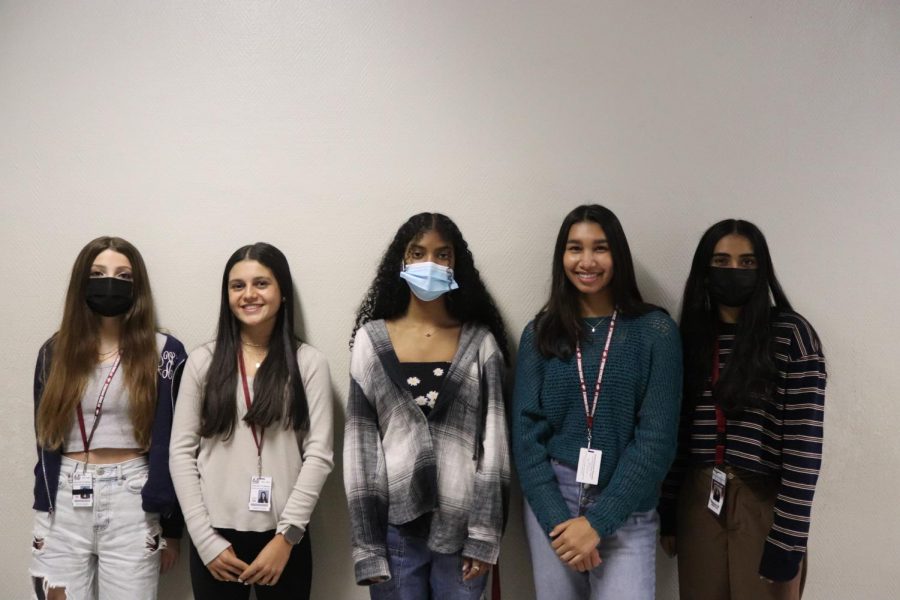

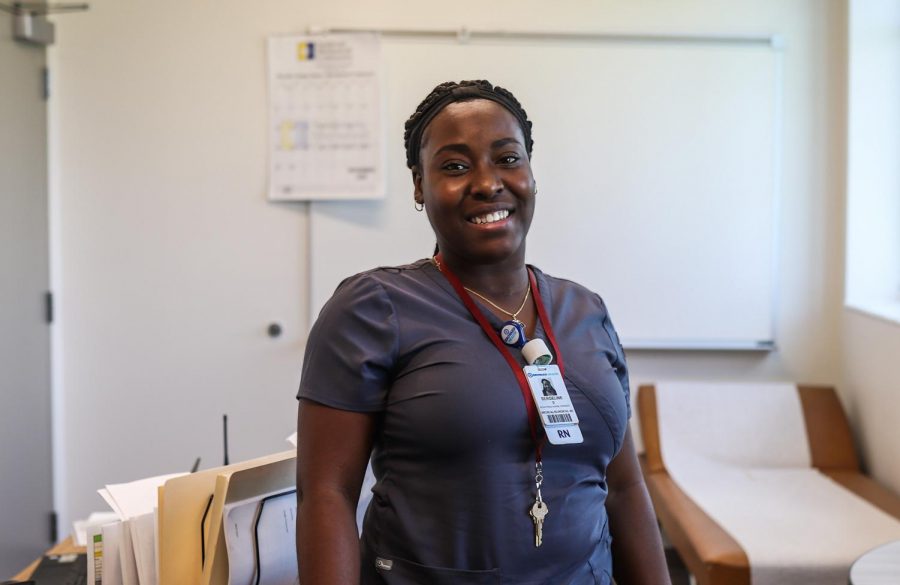
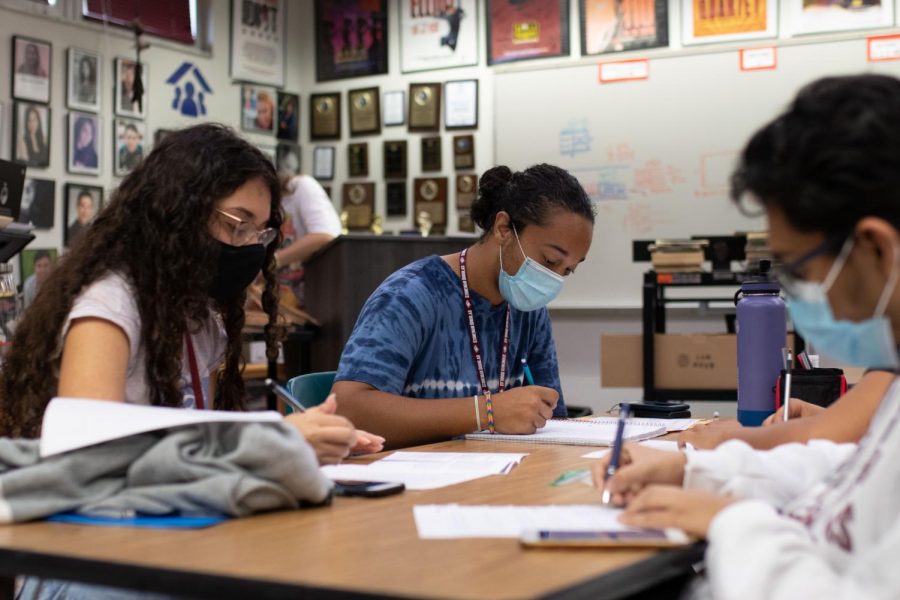

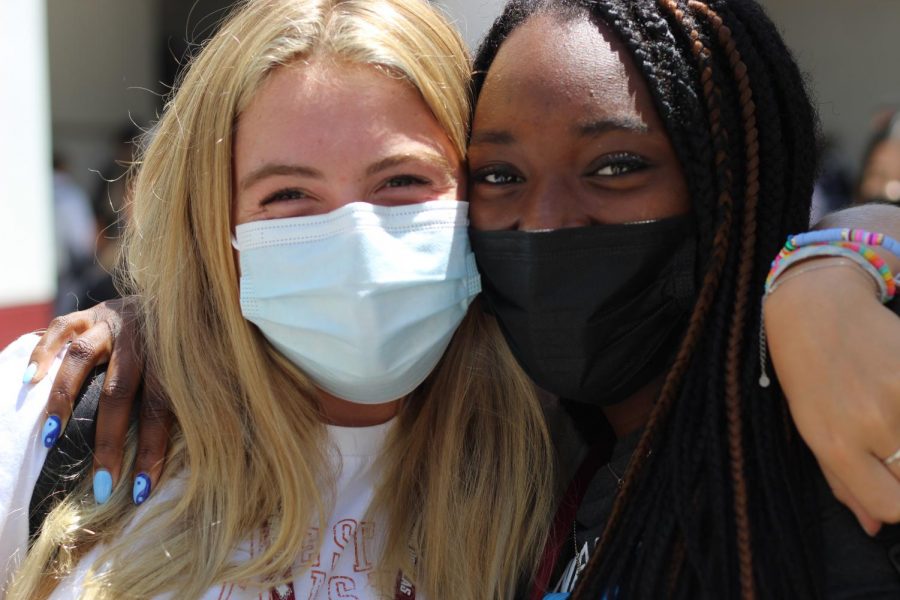
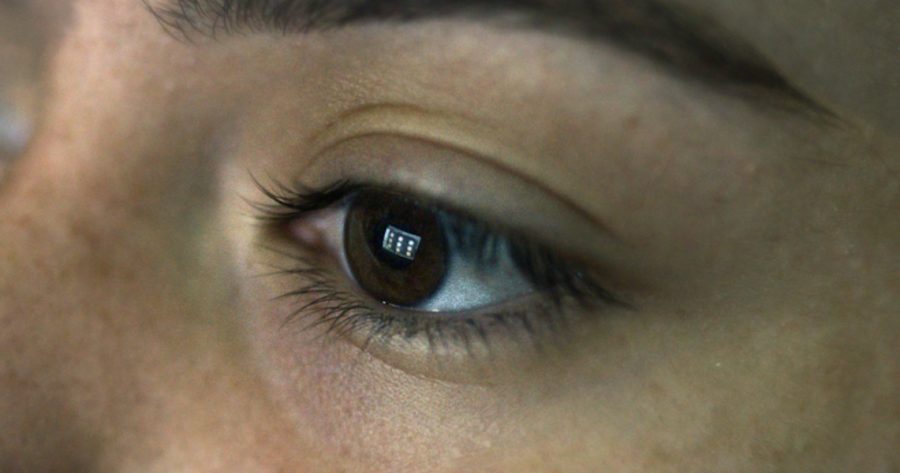
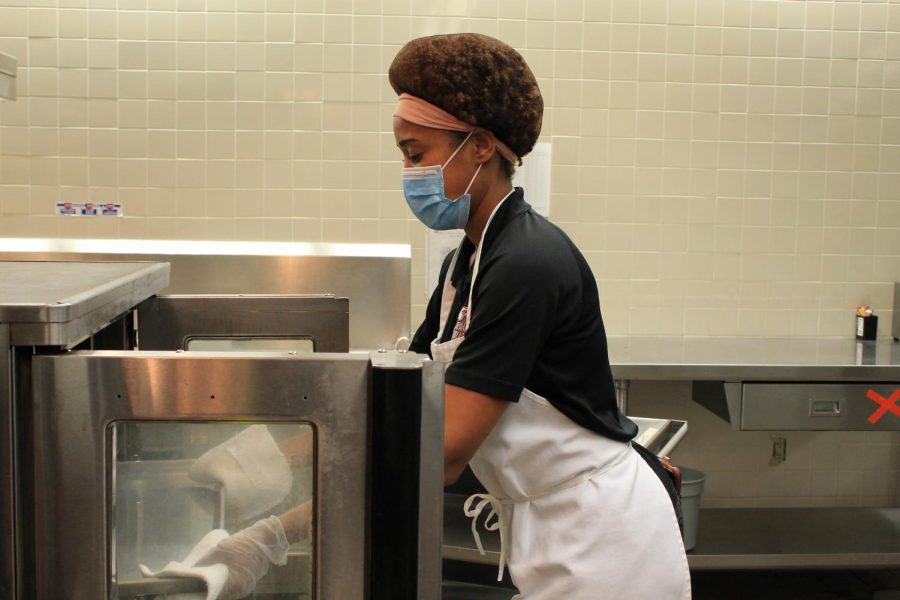

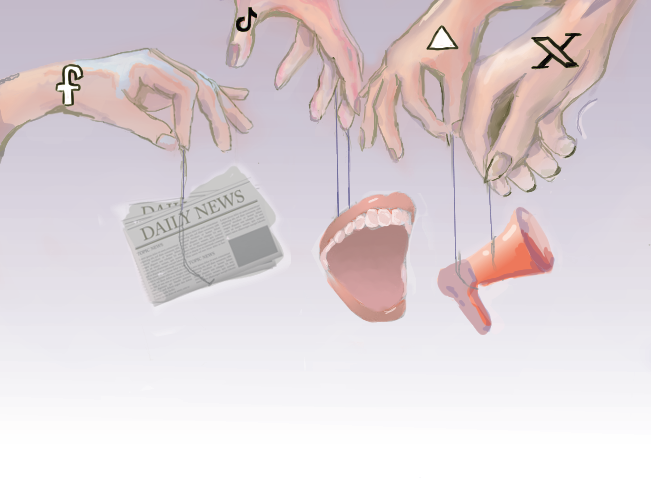

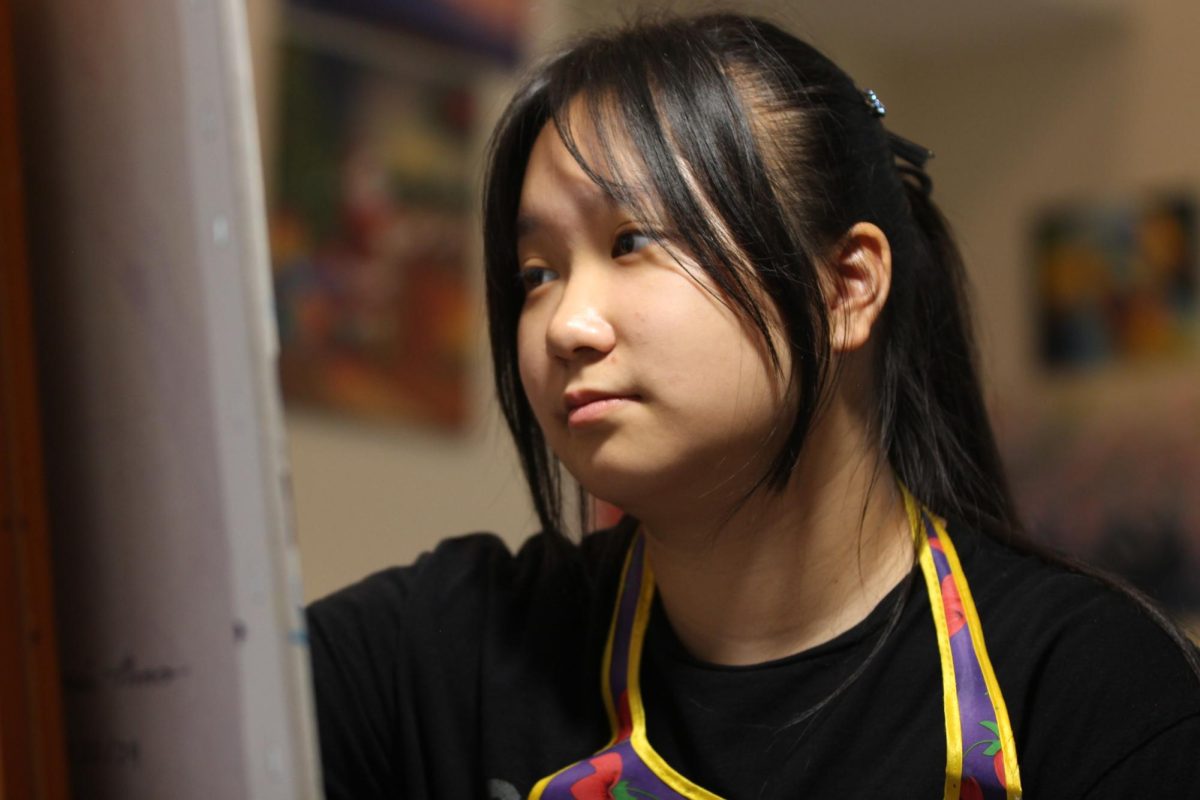
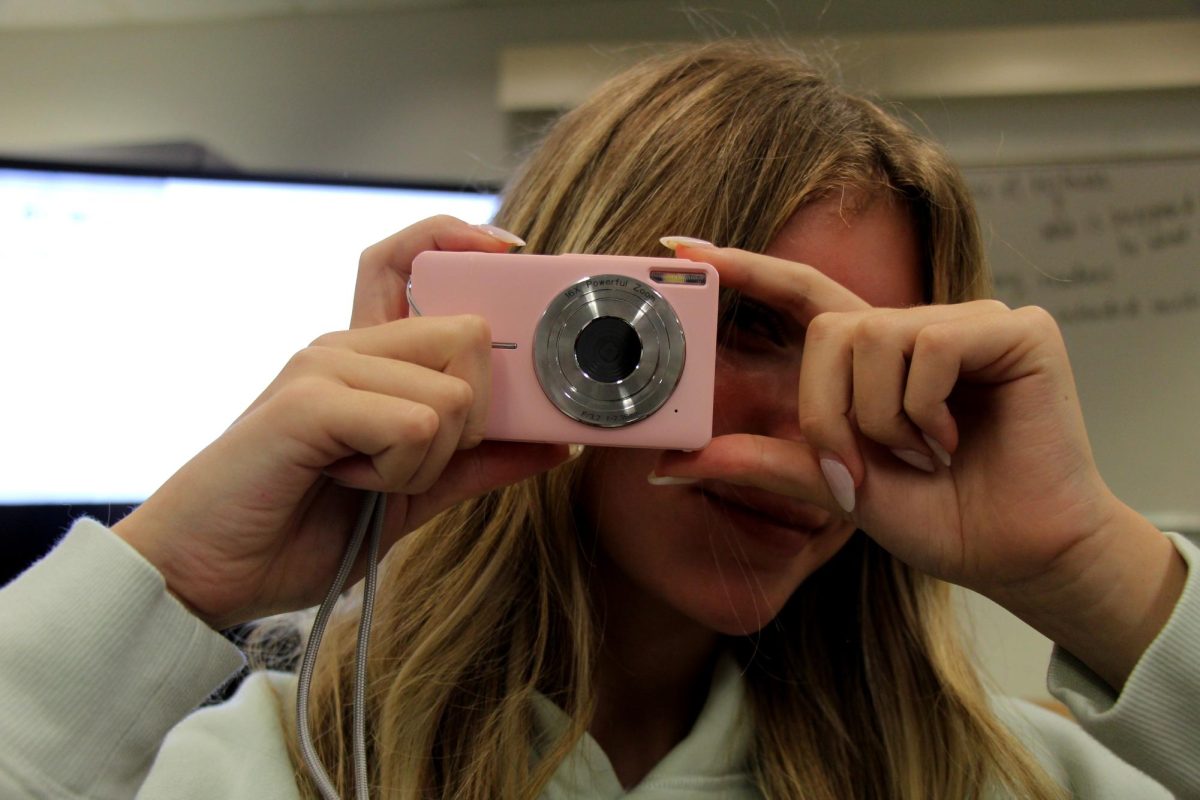

![National Honor Society Sponsor Lauren Saccomanno watches guest speaker Albert Price speak to NHS members. National Honor Society held their monthly meeting with Price on Monday, Nov. 4. "[Volunteering] varies on the years and the month, but we have started a couple new things; one of our officers Grace started a soccer program," Saccomanno said. "We have been able to continue older programs, too, like tutoring at Riverglades. NHS's goal is to have as many service projects as possible."](https://eagleeye.news/wp-content/uploads/2024/11/xNOeKNVwu7aErpVyJHrHogagZUUcLLosjtbIat94-1200x900.jpg)

![Ice Ice Baby. Skating to "Waltz" and "Romance" during her long program, figure skater Ava Zubik competes at the Cranberry Open in Massachusetts on Aug. 12, 2022. She scored a total of 86.90 on her short and free skate program, earning fifth place overall. "I try to make it [competing] as fun and enjoyable as I can because it's my senior year, and so I want to really enjoy competitive figure skating while it lasts," Zubik said.](https://eagleeye.news/wp-content/uploads/2024/11/skater1-799x1200.jpg)
